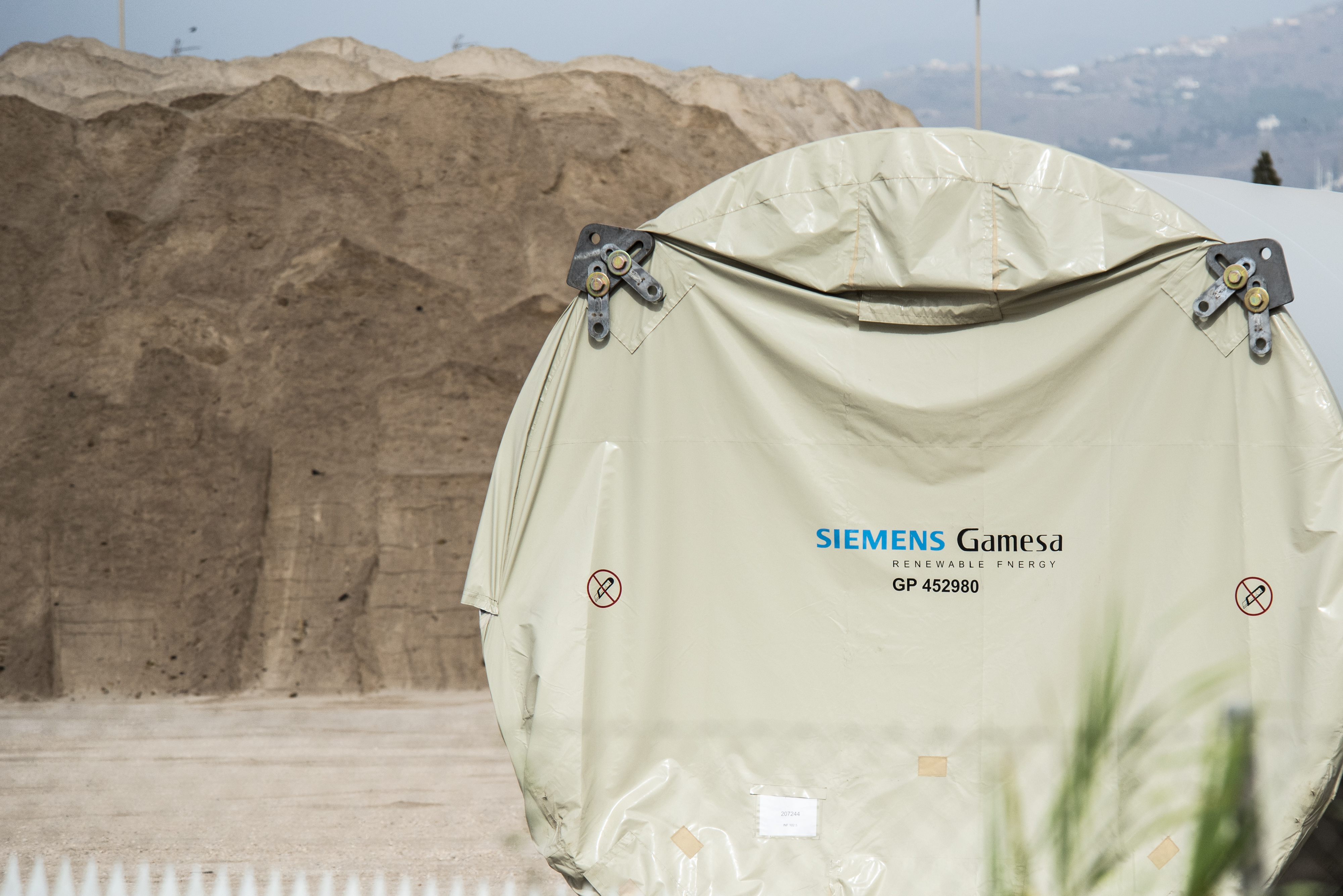“I believe that one has misinterpreted my legal opinion to the Security Council in a very astonishing way”, stated former UN legal counsel, Hans Corell, in Swedish Radio today. “It is important that Europe does not act in such a way that it puts obstacles in the way for the UN to find a solution to the conflict”, he stated regarding the EU fisheries in the territory.
Today, the issue of Western Sahara is being debated in the Swedish parliament. A demonstration for the defence of the Sahrawi people’s rights gathered outside of the parliament, protesting the Moroccan human rights violations and the EU plundering in the territory. “It was a scandal that the EU fisheries agreement was signed in the first place. Now we hope that this agreement will not be renewed. We hope the Swedish government to vote against the agreement again this time”, said Anna Nilsson of the Swedish NGO Emmaus, regarding the illegal EU plunder of the territory.
At the same time, former UN Under-secretary general for legal affairs, and UN Legal Counsel, came with harsh criticism of the European Union’s fisheries in Western Sahara in an interview at Swedish national radio this morning. He calls the Commission's interpretation of the UN document "astonishing".
Hear today's radio programme at Swedish national radio (in Swedish)
Transcript and translation below by Western Sahara Resource Watch
[Corell:] Morocco has not been recognised by the UN as administrative power over Western Sahara, and many claim that Morocco in reality is occupying Western Sahara. The rules say that, no matter what legal grounds there are for Morocco’s presence in the territory, the territory must be administered for the people’s interest. And in this regards, it was planned that the people of Western Sahara were to take part in a referendum, to decide themselves how the territory was to be governed in the future. […] This has however never been arranged. […]
The focus on the demonstration we heard about [in Stockholm today] was the fisheries in Western Sahara. Why are there European fishing vessels in the territory?
[Corell:] This is due to a partnership agreement on fisheries. This constitutes really the big question here: the resources of the territory. I got a question from the Security Council in 2002 to come with a statement on some petroleum exploration agreements offshore the coast of Western Sahara. My conclusion was that if businesses of this kind were to proceed without a prior acceptance of the people of Western Sahara, and in disregard of their interest, such activity would be in violation of international law. The same applies to the a fisheries agreement: if the agreement is not signed with the interest of the people of Western Sahara, or after a consultation with them, and the benefits do not go to the people of the territory, then it would be in violation of international law. I am afraid we have this situation in this case now.
Do the people of Western Sahara benefit from this agreement?
[Corell:]That is the big question. What I would like to underline, is that this agreement, in a very cunning way one has even avoided to even pretend that there is this problem of Western Sahara. If one is to enter into such an agreement, it has to be crystal clear from the agreement that a certain part of the territory is not under Morocco’s sovereignty, however, it makes part of a Non-Self Governing Territory. And in this case, one has to have real rules as to how the agreement is benefiting the people.
Will the new agreement include such rules?
[Corell:] I don’t know myself. I have been to Brussels myself, and talked with the European Fisheries Commissioner, Mrs. Damanaki from Greece, and also in contact with the Legal Service in Brussels, because I believe that one has misinterpreted my legal opinion to the Security Council in a very astonishing way. I think my opinion is crystal clear: this kind of business, if it is to take place, it has to take in accordance with the wishes and interests of the people.
What role can Sweden play in this?
[Corell:] Well, Sweden voted no last time. After my opinion that was correctly done. I think it is extremely important that Europe, of all areas of the world, in fact defends international law. It is important that Europe does not act in such a way that it puts obstacles in the way for the UN to find a solution to the conflict.
Thank you, Hans Corell, former UN Legal Counsel and expert on international law.
SRI update
The following overview enlists stock-exchange registered companies with current or recent operations in occupied Western Sahara. Updated 29 April 2025.
Siemens Energy misrepresents EU Court rulings
The German multinational - which supplies the Moroccan energy projects in the occupied territory - fails to grasp EU court rulings.
Brazilian cement giant Votorantim behind sand plunder
WSRW was present as the Brazilian company Votorantim last week received a cargo of sand from occupied Western Sahara in Tenerife, Spain.
Engie starts power production on occupied land
WSRW strongly condemns Engie's blatant disdain for international law in occupied Western Sahara.


